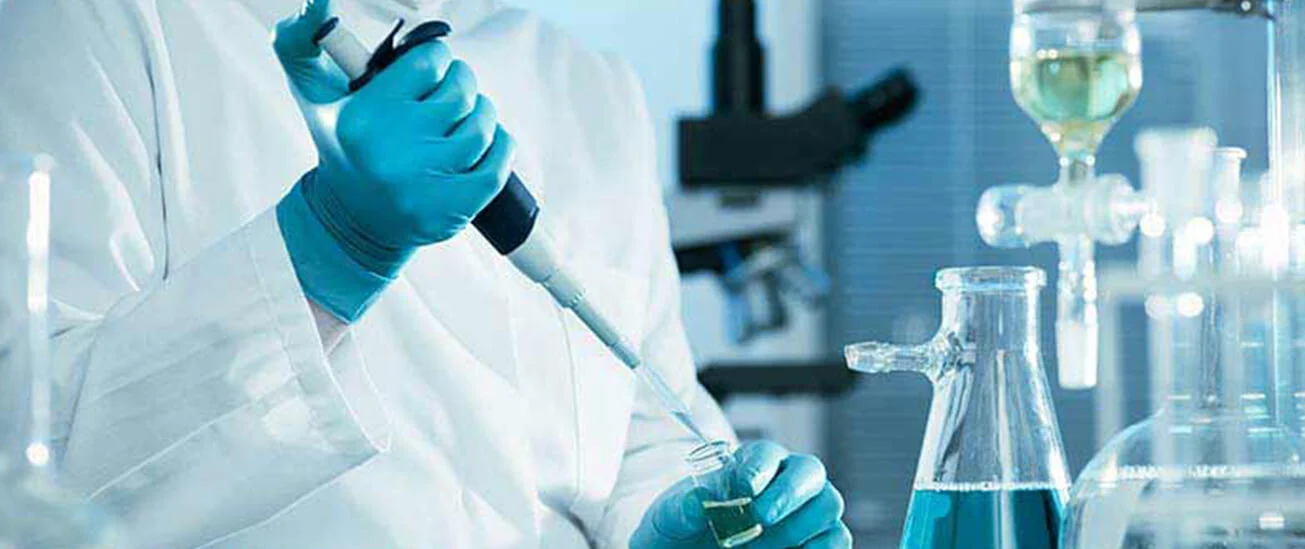Edit Content
- About Us
- Academics
- Courses
- UG Programmes
- Engineering
- B.Tech – Computer Science Engineering
- B.Tech – Computer Science Engineering (IoT)
- B.Tech – Electrical Engineering
- B.Tech – Mechanical Engineering
- B.Tech – Biotechnology Engineering
- B.Tech – Computer Science Engineering (Data Science)
- B.Tech – Computer Science Engineering (AI/ML)
- B.Tech – Electronics & Communication Engineering
- B.Tech – Civil Engineering
- Management & Computer Applications
- Pharmaceutical Sciences
- Nursing
- Dental Science
- Ayurveda
- Engineering
- PG Programmes
- Diploma & Certificate
- UG Programmes
- Admissions
- Life @ MPGI
- Placements
- Happenings
- Downloads
- Career
- Contact Us
- Committees
- Alumni
- Internal Collaboration
Edit Content
- About Us
- Academics
- Courses
- UG Programmes
- Engineering
- B.Tech – Computer Science Engineering
- B.Tech – Computer Science Engineering (IoT)
- B.Tech – Electrical Engineering
- B.Tech – Mechanical Engineering
- B.Tech – Biotechnology Engineering
- B.Tech – Computer Science Engineering (Data Science)
- B.Tech – Computer Science Engineering (AI/ML)
- B.Tech – Electronics & Communication Engineering
- B.Tech – Civil Engineering
- Management & Computer Applications
- Pharmaceutical Sciences
- Nursing
- Dental Science
- Ayurveda
- Engineering
- PG Programmes
- Diploma & Certificate
- UG Programmes
- Admissions
- Life @ MPGI
- Placements
- Happenings
- Downloads
- Career
- Contact Us
- Committees
- Alumni
- Internal Collaboration

